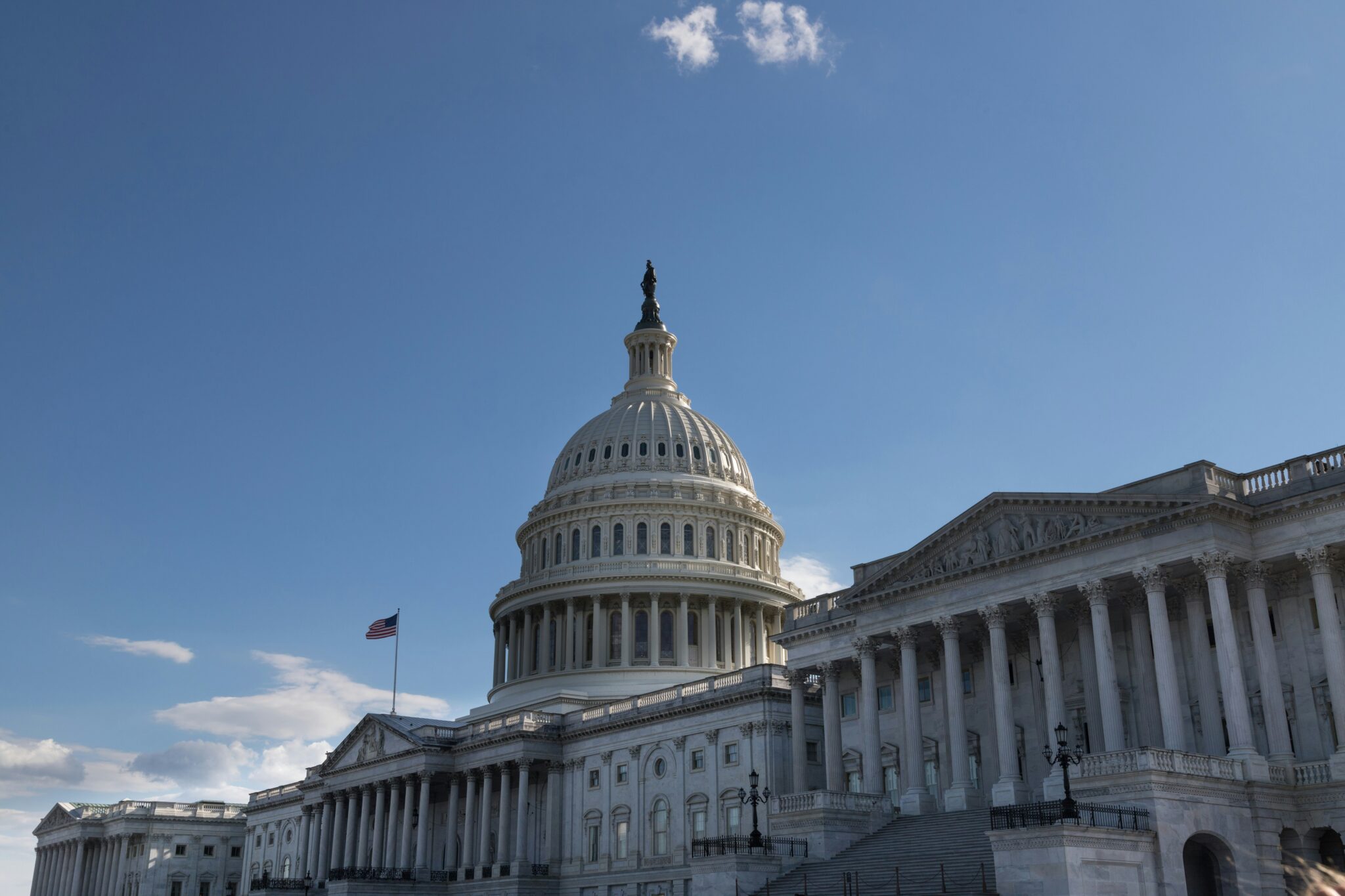President Biden’s budget proposal released Friday takes aim at specific tax provisions that benefit the fossil fuel industry and projects that eliminating these measures will generate $35 billion over the course of a decade.
The new $6 trillion budget proposal is a more detailed proposal than the “skinny” version released last month, which had called for spending an additional $14 billion on tackling climate change and proposed funding increases for the Energy Department, Interior Department and Environmental Protection Agency.
The White House has also previously, in its infrastructure plan, said that it wanted to “eliminate tax preferences for fossil fuels,” but the new proposal gets much more specific.
“These oil, gas, and coal tax preferences distort markets by encouraging more investment in the fossil fuel sector than would occur under a more neutral tax system,”a Treasury Department document states, outlining the administration’s tax proposals.
Among the benefits Biden hopes to cut are those received by the fossil fuel industry for enhanced oil recovery, a method of extraction that allows companies to get to fuel they wouldn’t be able to otherwise reach, and another for “intangible” costs like wages, repairs, supplies and other expenses that are needed for oil and gas drilling.
Biden is also targeting a provision that allows oil and gas companies to deduct as much as 15 percent of the revenue they get from a well.
Biden’s budget is a proposal and Congress will enact its own spending plans, but the budget is reflective of an administration’s policy priorities and goals.
Industry criticized the parts of the budget that would eliminate these benefits, arguing that it would push production overseas.
“Increased taxes on American energy will only undermine economic recovery and job creation, push natural gas and oil investments overseas and lead to less government revenue, not more,” American Petroleum Institute President and CEO Mike Sommers said in a statement to The Hill.
Supporters said they hoped that the move would discourage additional oil and gas development.
“This should bring us a little closer to the true cost of actually developing oil and gas and my hope is that it will decelerate the development of new fossil fuel infrastructure, which is so harmful to our planet and to communities,” said Sujatha Bergen, health campaigns director at the Natural Resources Defense Council.
Autumn Hanna, vice president of Taxpayers for Common Sense, said her organization hoped to see the administration go even further, saying “there are a lot of details missing.”










